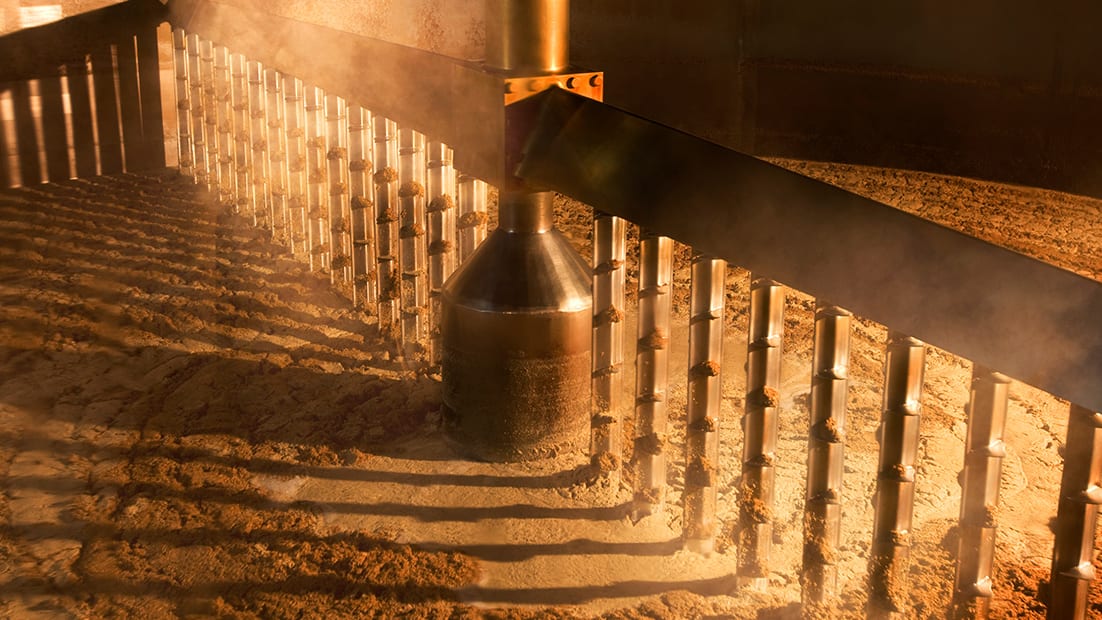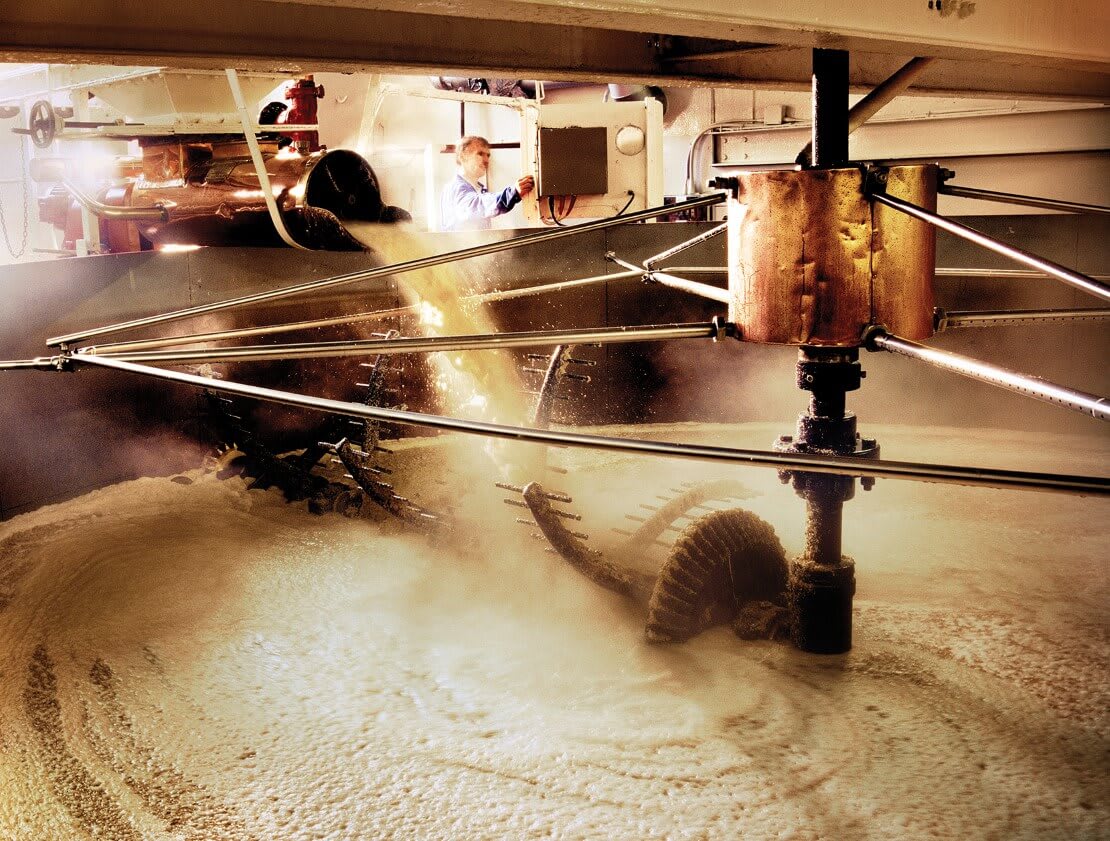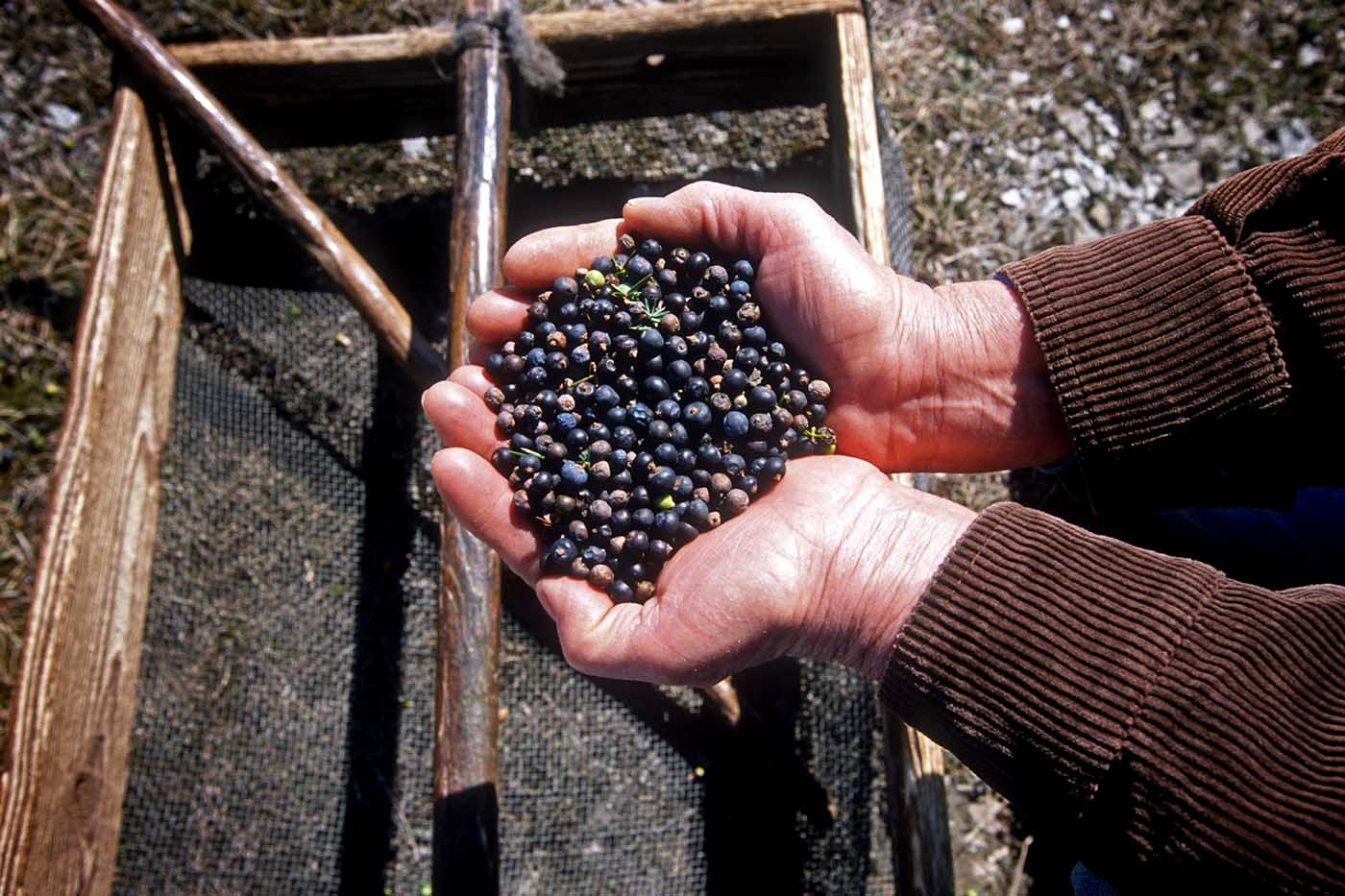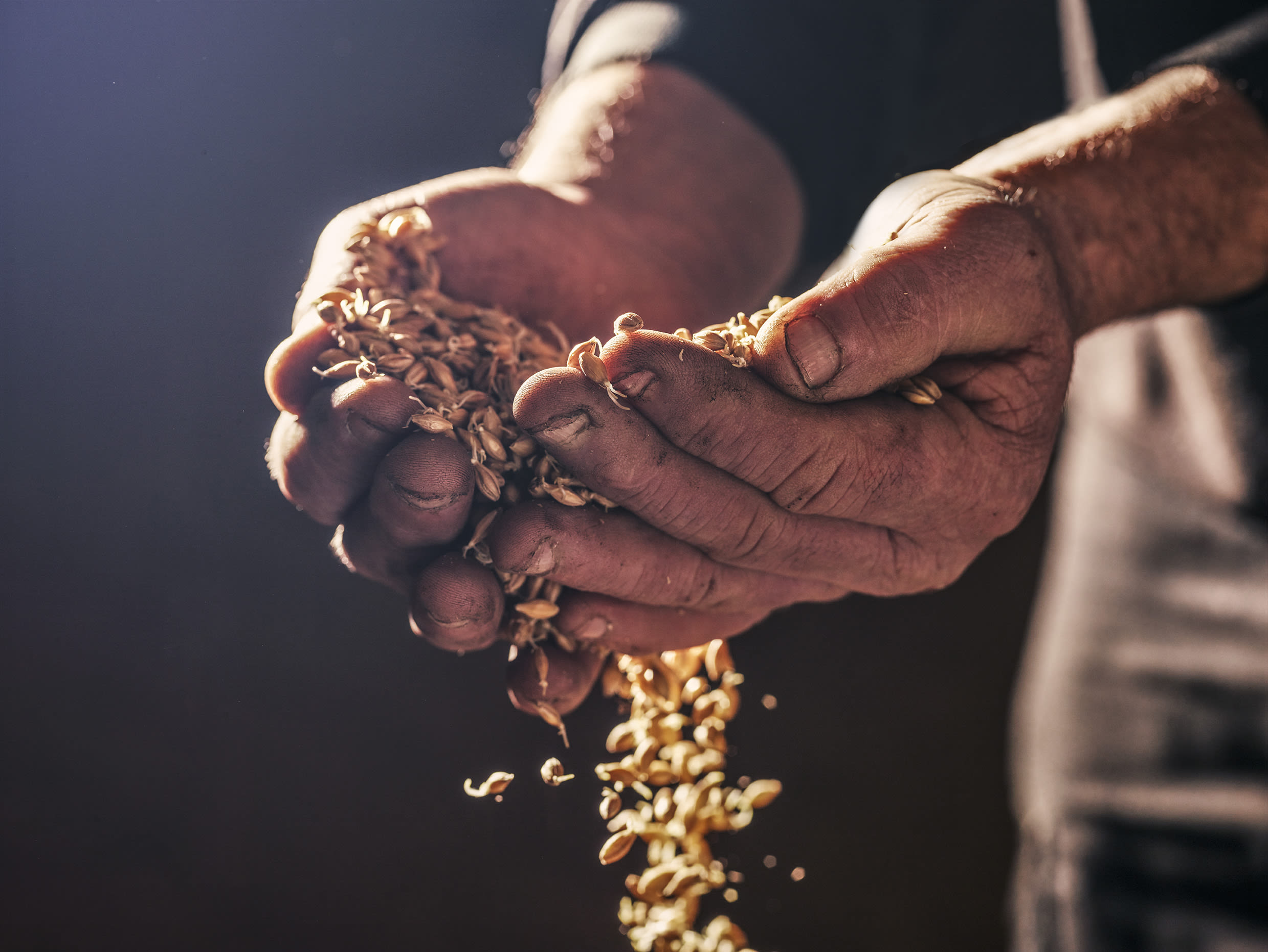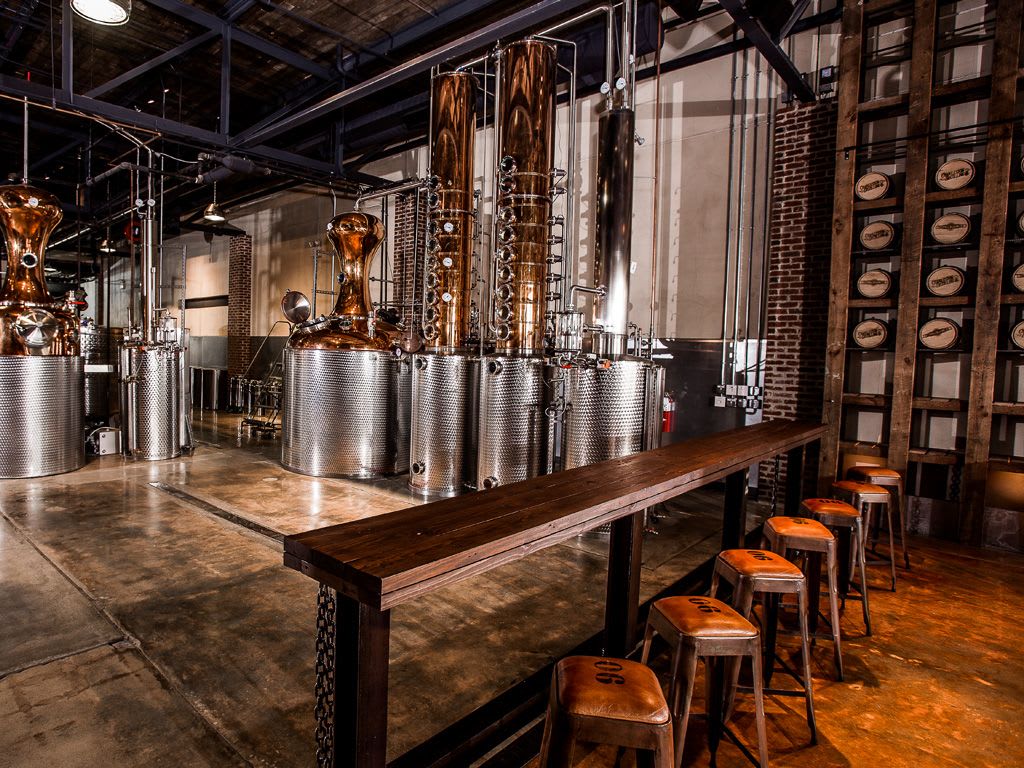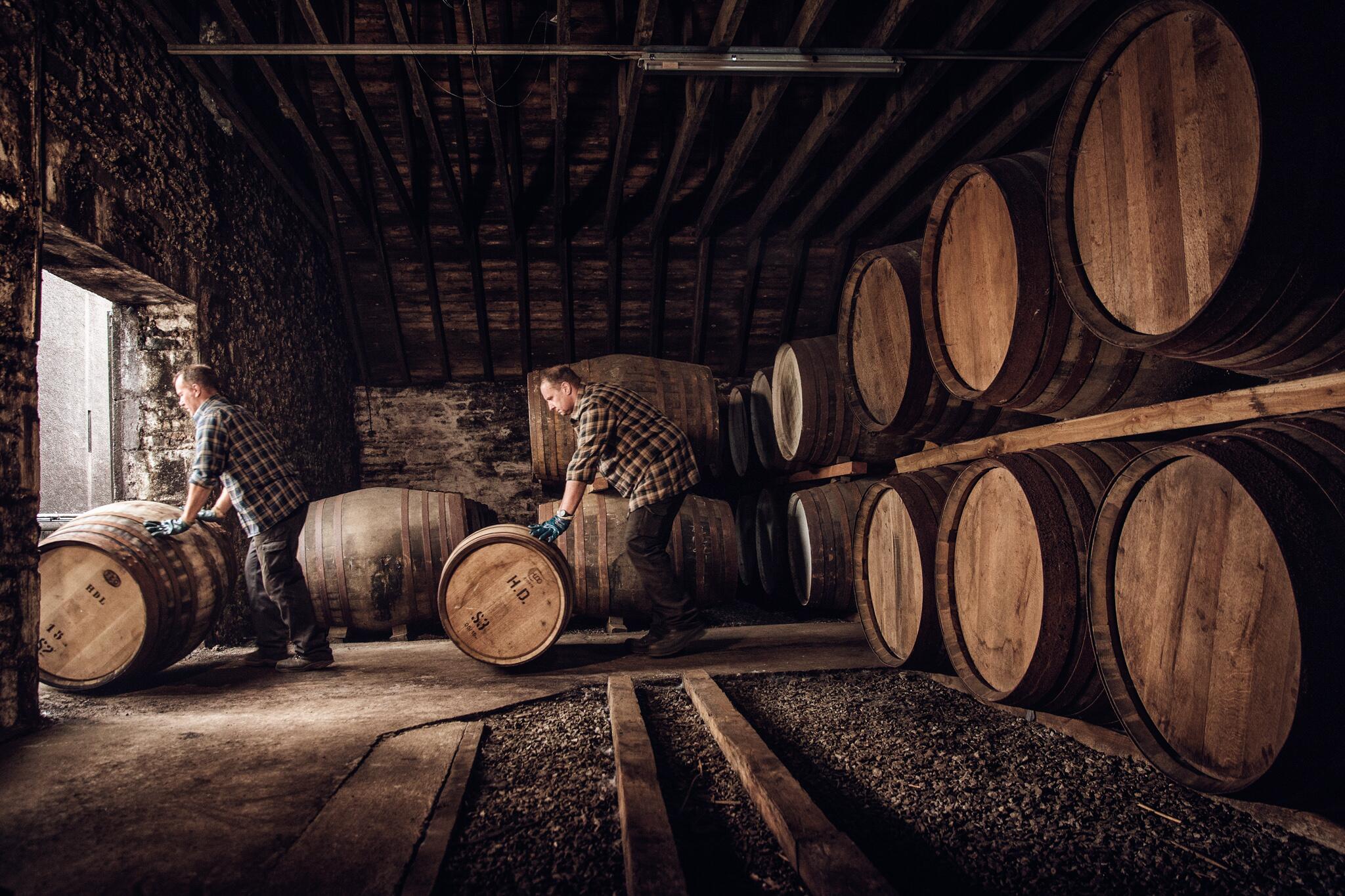

Unless you want to embark on a full-time university degree, there’s not many places you can go and learn to be a distiller.
Whether you chose to trawl around forums or read countless different trade magazines - learning about how things are made and how to go about doing it yourself takes a long time as you have to do it a fragment at a time.
Most producers learn on the job and by building layer by small layer of nuance, of technical intricacy, often having to decipher which is technically sound advice vs what is simply another distiller’s opinion (and those forums are full of uninformed opinions…).
That’s assuming you want to start a business for yourself too - for those looking for a career shift, there’s only really two courses that offer a certificate that’s got any currency in the recruiting world. They are WSET level 3 in Spirits and IBD General Certificate or higher.
I won’t go into WSET L3 here as it’s part of another article later this year, apart from the fact I acknowledge that’s it’s not intended for distillers. It’s there for all drinkers who want to learn, not specifically for those looking to train up to a new career in production. I mention it here as it’s a complete course that goes into enough detail to mean something.


As part of our Back To School series here on Spirits Beacon, I wanted to challenge myself to learn something new. Despite hearing mixed reviews, I was curious to see how complete an IBD course is for myself and if I could pass the exam. So I signed up with my own cash, to be completed in my own time.
I opted for the General Certificate in Distilling, which is designed for those who already have some experience of distilling operations as i felt that a Foundation course would be overly simple (both for me and for the intention of this article, which is to review a course that teaches you to be a distiller - not just give you the basics).
I love booze and I love what I do, so I figured that formal learning could help me see subjects from a new perspective and gain a better understanding. It’s also a course that hundreds of people do each year, and yet there’s literally no independent reviews in the public domain nor even an objective “what to expect”.
I figured, in an act of booze-nerd martyrdom that I’m sure you are all grateful for, I’d do the honours. Here’s what I found.
